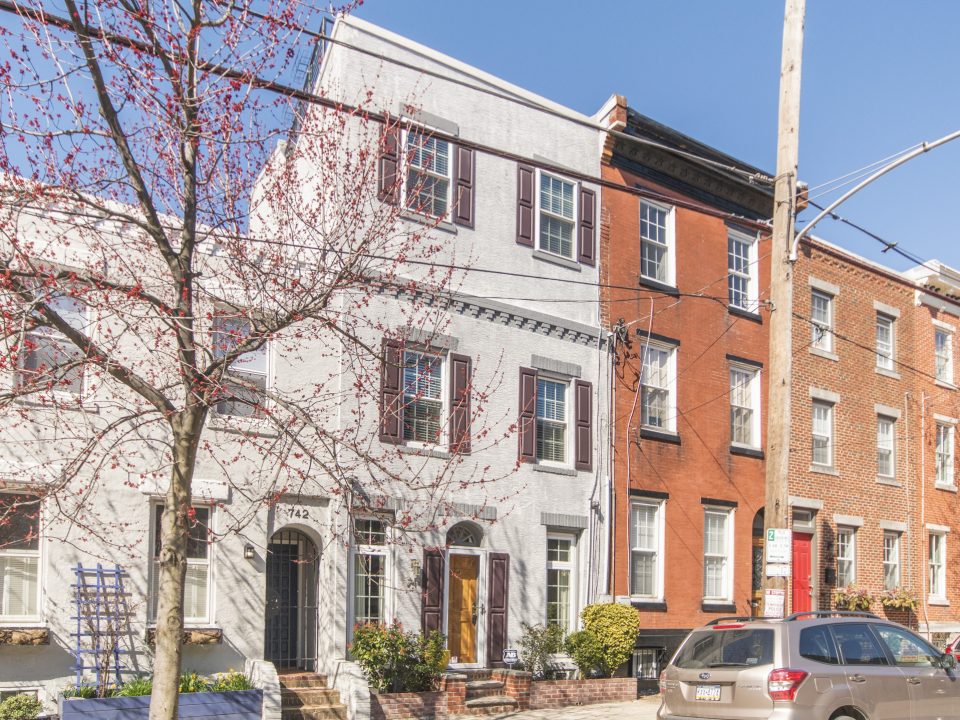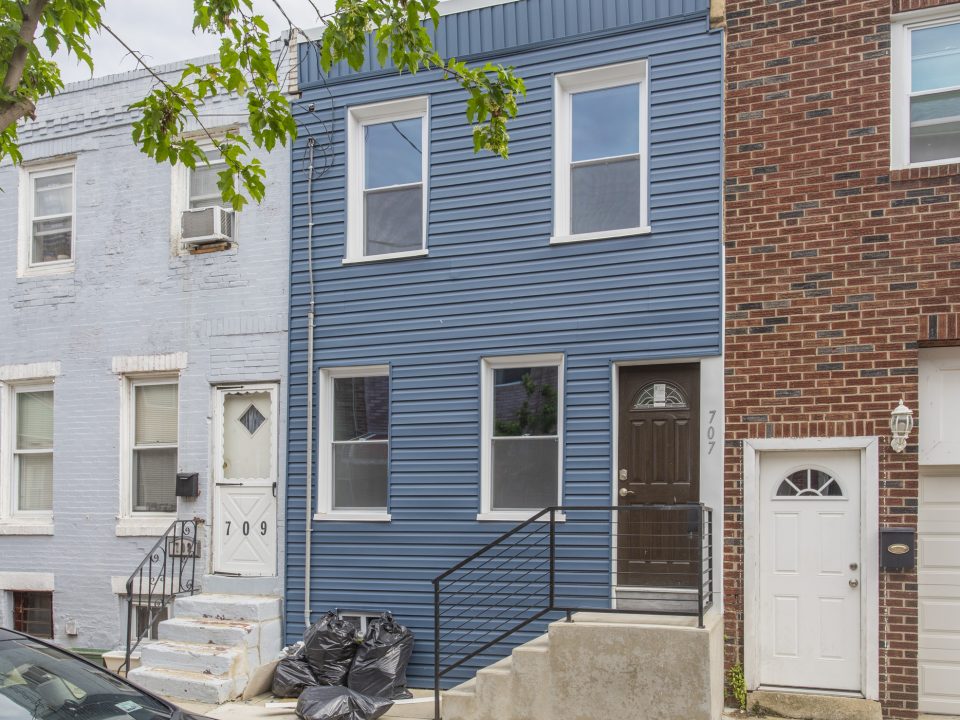Rights Of Renters
Rights Of Renters
Many people choose to rent a property rather than owning their own for any number of reasons. Whether you aren’t in a position to purchase a home or you simply don’t want to mess with the hassles of it all, renting is a great option on so many levels. However, you need to know what your renter’s rights are to make sure you aren’t taken advantage of in the process. To help you along the way, here are a few things that you need to know when looking to rent a property.
Required Landlord Disclosures
Pennsylvania law states that landlords have to disclose certain information to anyone who is going to rent their property. These disclosures are often outlined in the rental agreement. This often includes such things as the address and the name of the financial institution where the landlord is planning on keeping your security deposit, (68 Pa. Cons. Stat. Ann. §§ 250.511a to 250.512). However, there are other disclosures that have to be included as well.
Security Deposit Limitations And Return Process
Under Pennsylvania law, there are limits on how much a landlord is able to charge you to rent the property. Essentially, they are only allowed to charge you a security deposit equal to two months of rent during your first year renting. After that, the deposit amount is restricted to one month of rent.
All deposits have to be returned to you within 30 days after moving out of the property. Deposits are only supposed to be used for damage beyond normal wear and tear to the property. The landlord cannot use it to pay for your rent or spend it on anything they like.
Small Claims Suits
A tenant can file a lawsuit in small claims court to get their security deposit returned to them if the landlord fails to do so, as long as the amount is less than $12,000. Landlords only have 30 days to give you your security deposit back after you move out. If they don’t do their part, you have every right to sue them to get your money back and move on from the rental. However, there are situations where a landlord can retain your security deposit, but they have to let you know about it within that same 30-day timeframe.
Situations that allow for security deposit to be retained include:
- Unpaid rent from the time you were on the property.
- Damages beyond typical wear and tear.
- Cleaning the property to the same level it was at when you first moved in.
- Paying to undo changes that you made to the rental.
- Unpaid utility charges or other financial obligations.
After getting all of your belongings out, go through and take pictures or videos of the property to document its condition at the time of your leaving. Then, send a note to your landlord requesting your deposit back and give them an address to mail it to. This takes the responsibility off you and puts it on the landlord to do their part.
Right To Withhold Rent
Many tenants don’t realize that there are certain instances where you are eligible to withhold rent. For example, if a landlord doesn’t fix the heater during the winter months, you have the right to hold the rent and send them a repair and deduct letter. This letter should outline what the problem is and what needs to be done. Let them know that you are withholding the rent until such time as the property is restored to a safe living environment. Repair and deduct letters can be filed for any number of repairs that are required for the normal operation of the home.
Rent Rules
- A tenant has 10 days to pay any overdue rent before the landlord is able to file eviction papers.
- A landlord isn’t allowed to raise the rent because of discriminatory reasons.
- If there are no late fees outlined in your rental agreement, the landlord isn’t allowed to collect one, regardless of how small it might be.
When you know what your renter’s rights are, you can minimize your chances of being taken advantage of in the rental process. There are a number of rights for renters that many don’t know about, which is why it is so important to speak to a trusted lawyer who can point you in the right direction.
Author Bio:
Jay Shor is the managing partner of the Bulldog Lawyers at the law firm of Shor & Levin, P.C .representing injured workers and their families for 40 years. Shor is a member of the American Trial Lawyers Association, Pennsylvania Bar Association Workers’ Compensation Section, Pennsylvania Trial Lawyers Association’s Workers’ Compensation Section (PaTLA) and Montgomery County Bar Workers’ Compensation Section.



